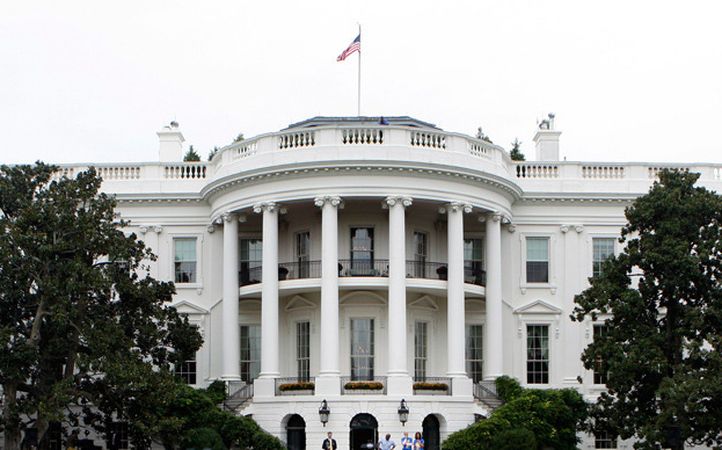What Are Exoplanets And How NASA Detects Life Beyond Our Solar System
Bharti Airtel Set To Acquire Telenor India Within This Year
Google Celebrates NASA’s Discovery Of Seven Earth-Like Planets With An Animated Doodle
Some Home Remedies That Might Sound Bizarre But Actually Work Like A Charm
Akshay Kumar Feels He Has Made Enough Money, Now Wants To Focus On Content & Characters
Delhi ATM Dispenses Fake Rs 2000 Notes From ‘Childrens Bank of India’ With ‘Churan Lable’
Adolf Hitler’s Personal Telephone During World War II Is Up For Auction In The US
From Salman Khan To Rekha, Neil Nitin Mukesh’s Wedding Reception Was Quite A Starry Affair
US Has Been Spying On French Presidents Since 2006 Reveals WikiLeaks
WikiLeaks has released yet another set of classified documents that implicate the United States further into an international controversy. The US National Security Agency (NSA) spied on French presidents Jacques Chirac, Nicolas Sarkozy and Francois Hollande, WikiLeaks said in a press statement published on June 23. The information was first reported in a French daily, Liberation, and on news website Mediapart, which said the NSA spied on the presidents between 2006 and 2012, the month when Hollande took over as president. The WikiLeaks documents were derived from NSA surveillance of the communications of Hollande, Chirac and Sarkozy, as well as French cabinet ministers and the French ambassador to the US. The documents also contained the direct cell phone numbers of numerous officials in the Elysee presidential palace as well as the president's personal phone.
The documents include summaries of conversations between French government officials on the global financial crisis, the Greek debt crisis, and the relationship between the Hollande administration and the German government of Angela Merkel.
The documents claim the French president "approved holding secret meetings in Paris to discuss the eurozone crisis, particularly the consequences of a Greek exit from the eurozone".
It also says that Hollande believed that after talks with Merkel that she "had given up (on Greece) and was unwilling to budge".
"This made Hollande very worried for Greece and the Greek people, who might react by voting for an extremist party," according to DNA. The same file also suggests that Hollande went behind Merkel's back to schedule meetings in Paris with the Social Democrats - Germany's main opposition party then.
This is not the first time that WikiLeaks has released documents that prove the US spies on its allies.
Source: knozos.deviantart.com

Former NSA employee Edward Snowden created an uproar in Germany after he revealed that Washington had carried out large-scale electronic espionage in Germany and claimed the NSA had bugged Merkel's phone.
"While the German disclosures focussed on the isolated fact that senior officials were targeted by US intelligence, WikiLeaks' publication today provides much greater insight into US spying on its allies," WikiLeaks said.
This includes "the actual content of intelligence products deriving from the intercepts, showing how the US spies on the phone calls of French leaders and ministers for political, economic and diplomatic intelligence".
WikiLeaks said French readers could "expect more timely and important revelations in the near future. Last week, WikiLeaks published more than 60,000 diplomatic cables from Saudi Arabia and said on its website that it would release half a million more in the coming weeks.
The leak comes only a few weeks after President Obama signed into law landmark legislation ending the US government's bulk telephone data dragnet, significantly reversing American policy by reining in the most complex surveillance policy since 9/11.
The White House released a statement where it claimed it is not spying on Hollande's communications and will not do so in the future.
The French leader has not released a statement yet, however, he is holding meetings with his defence council on June 24 to evaluate the nature of the information released to the public.
Snowden, the creator of WikiLeaks, has always held the belief that he is doing a public service by releasing classified information to the public. He believes that in a democracy, information should be shared and collective decision should be made. It can be construed that Obama's decision to end complex surveillance was derived through the work of WikiLeaks. However, there is also another school of thought that suggests there is some information that is best left to a "need to know" policy. Thus only those that "need" to know shall know.






